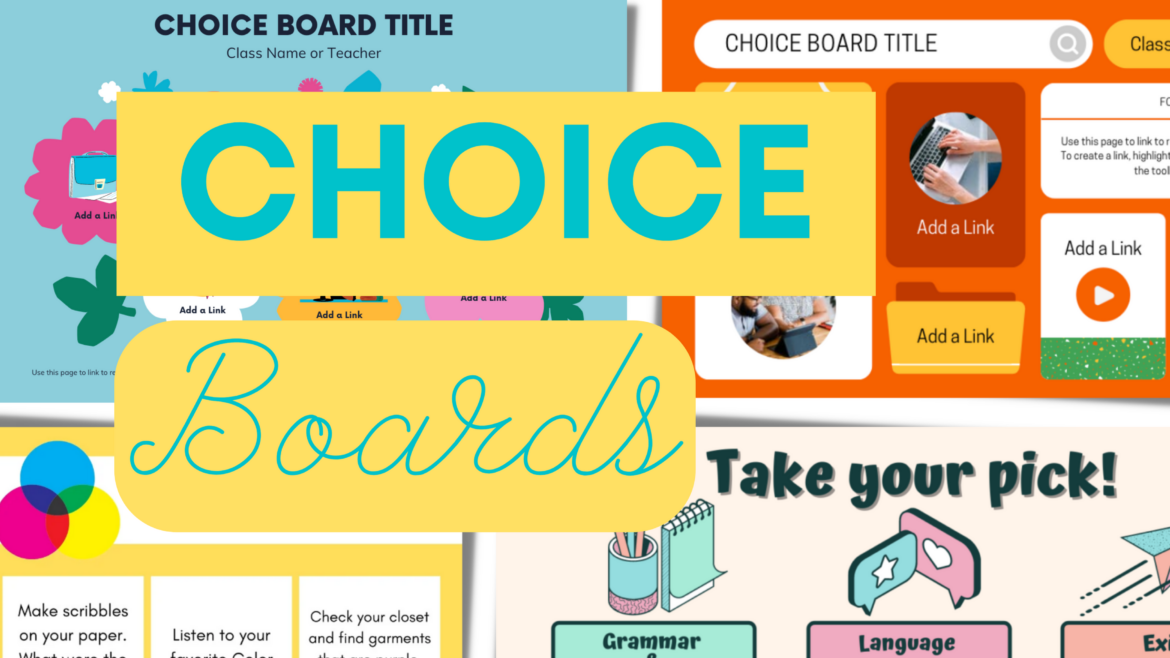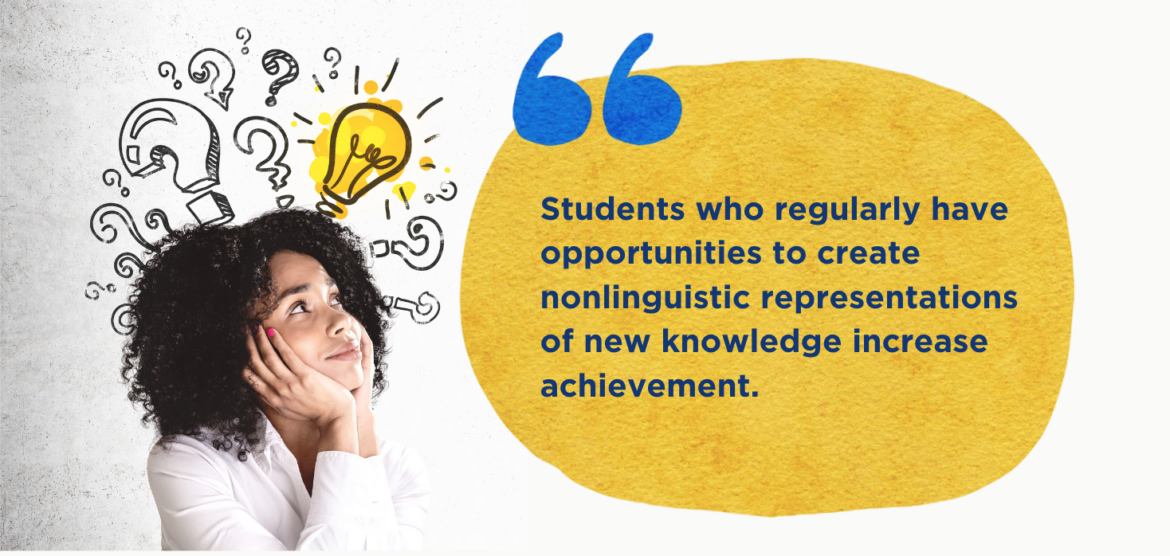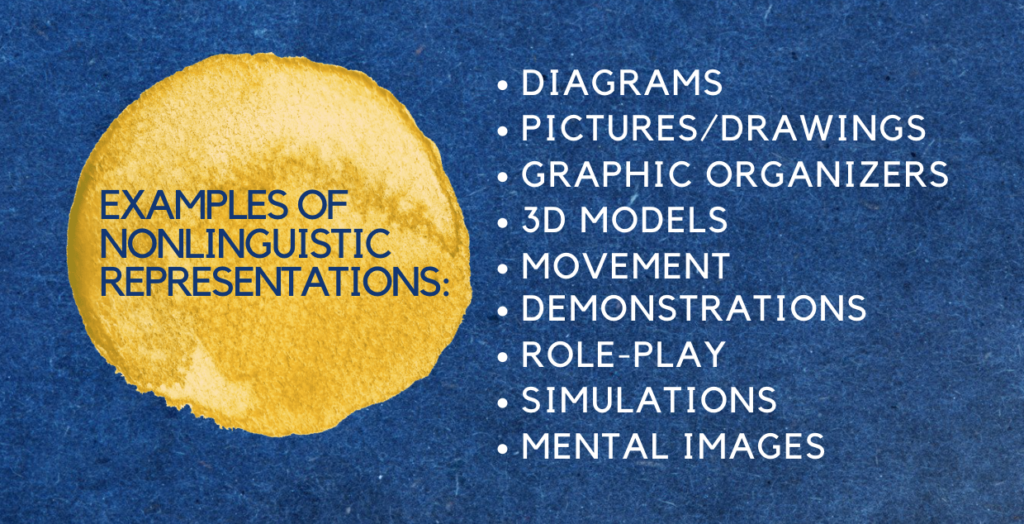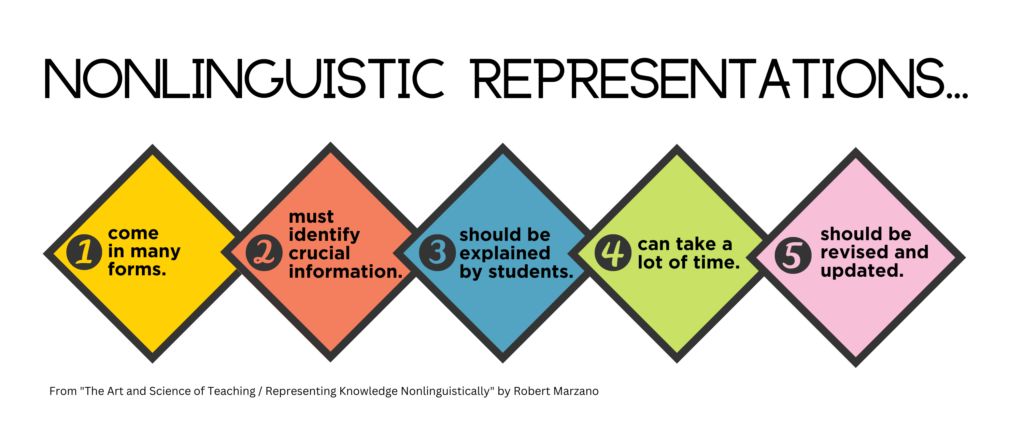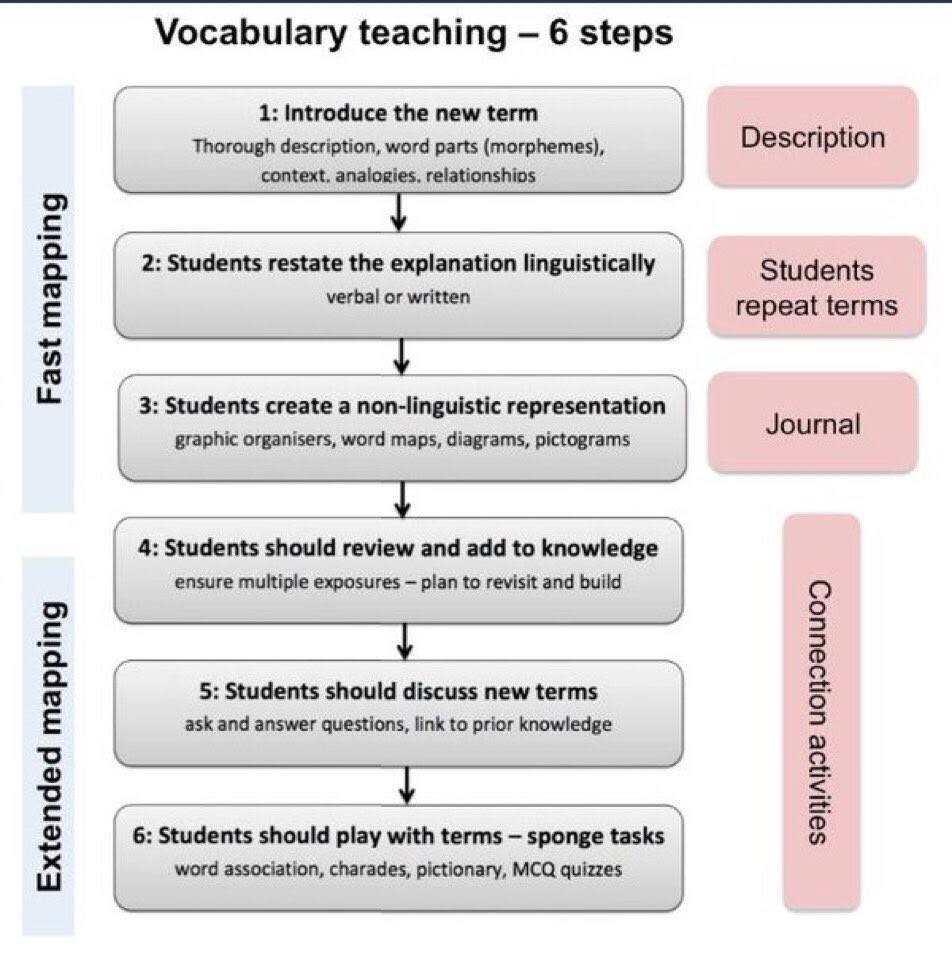Dr. Robert J. Marzano states that self-agency is an essential outcome for students. The two elements making up student self-agency are voice and choice. He defines agency as students having “the belief that they can positively affect their lives and possess the skills to do so.” While voice and choice are two different elements, they are often connected. Marzano describes choice boards as one way to build self-agency by offering choice in social, environmental, and learning domains.
Four Ways to Offer Choice
In his book, “The Highly Engaged Classroom,” Dr. Robert J. Marzano outlines four ways we can offer choice to students: (1) choice of tasks, (2) choice of reporting formats, (3) choice of learning goals, and (4) choice of behaviors (pp. 14, 101). Choice boards can be used for each of these! In his blog, he says,
“Choices of task, reporting format, or learning goal allow students to take control of their learning and make decisions that ensure personal interest in their assignments.”
Source
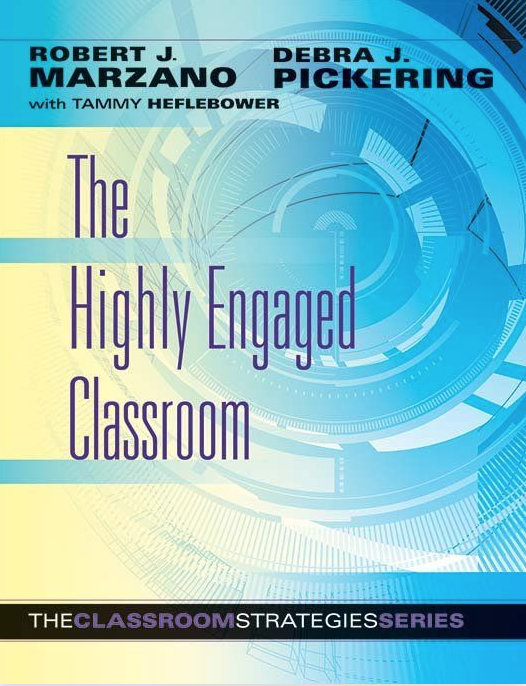
In other words, choices boost engagement and motivation, which lead to more learning! With this in mind, let’s look at a few articles with templates, examples, and steps for creating your own choice boards.
How to Create Choice Boards
How to Create a Choice Board: Using a choice board to allow students to select their own journey while still ensuring they reach their destination is a powerful research-based strategy. Explore John Hattie’s mindset on choice and get five steps for making a choice board.
Choice Board Templates and Examples for Your Students
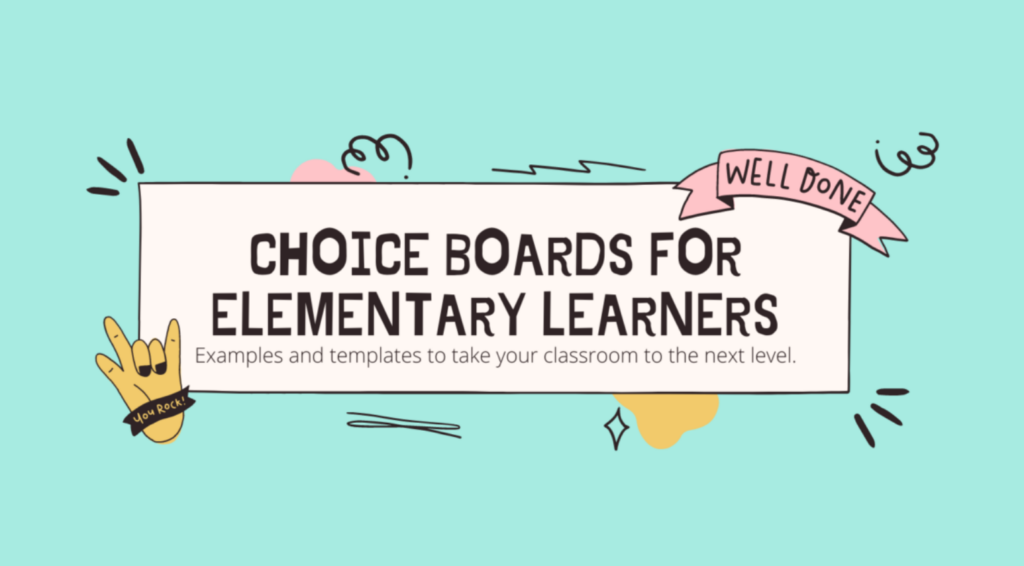
Choice Boards for Elementary Learners: Take your elementary classroom to the next level with these choice board examples and templates. Your students will thank you! Snag ready-made choice boards or use the templates to create your own. Either way, you’ll be ready to get the choice board party started.
Wakelet Choice Boards: Wish you had an easy-to-access and accessibility-friendly choice board maker? You do! It’s called Wakelet. Learn how to make choice boards the easy way. Check out three example activities, an example Wakelet choice board, and discover the benefits of using Wakelet to offer choice and voice in your classroom.
Templates and Ideas for Differentiated Choice Boards: Check out four ideas for differentiation with choice boards. Then, explore a wide variety of editable templates and examples you can follow. This article definitely has some gems to help students work on their level while still offering them options to choose from.
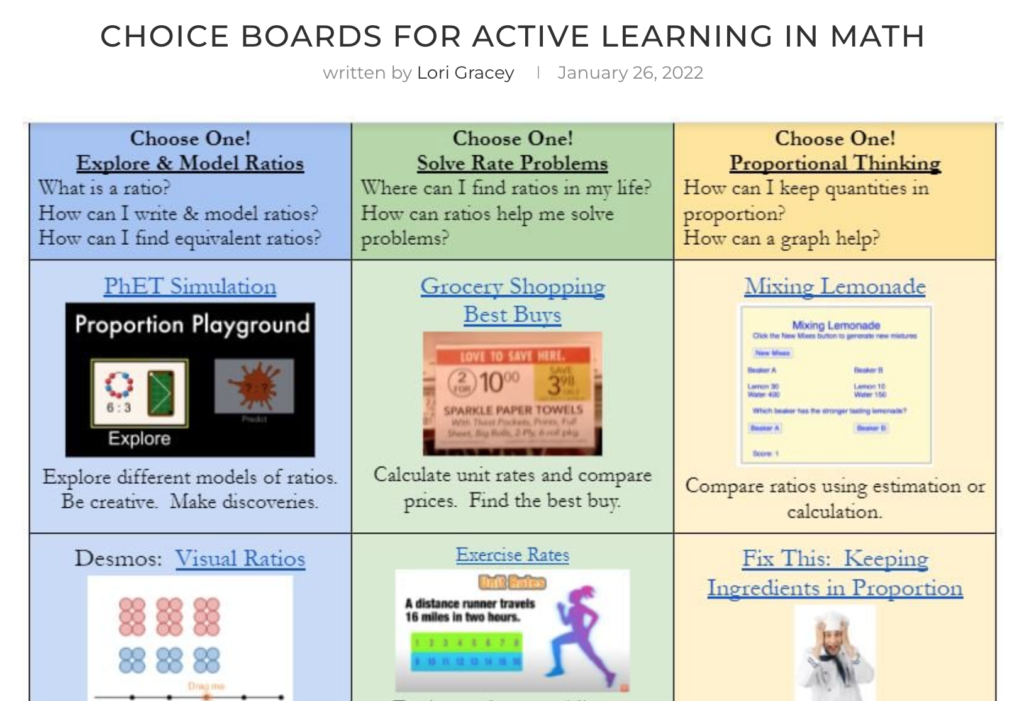
Choice Boards for Active Learning in Math: Choice boards are a powerful tool to use in any subject, and that includes math! Uncover math-specific templates for all grade levels that include checks for understanding, vocabulary, assessment, infographic creation, multiplication, division, geometry, pre-algebra, and more.
Create Interactive Learning with a Choice Board: Innovative teachers empower students through the use of the choice board, either in paper or digital format. Find digital examples and templates for ELA, history, math, science, and differentiation. You’ll have everything you need to create digital, interactive choice boards for your students in no time.
Have you used choice boards already? Are you planning to start? Share your experience and any additional resources in the comments. We’d love to hear from you!

